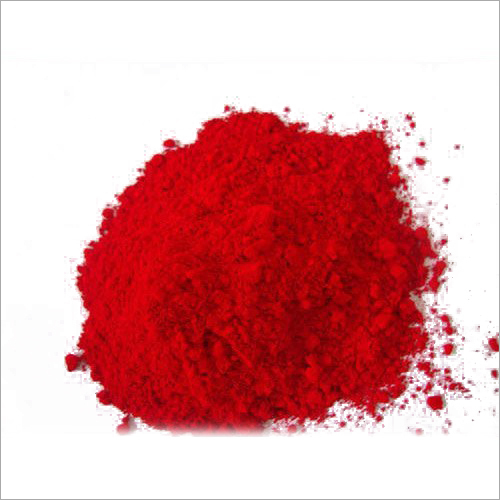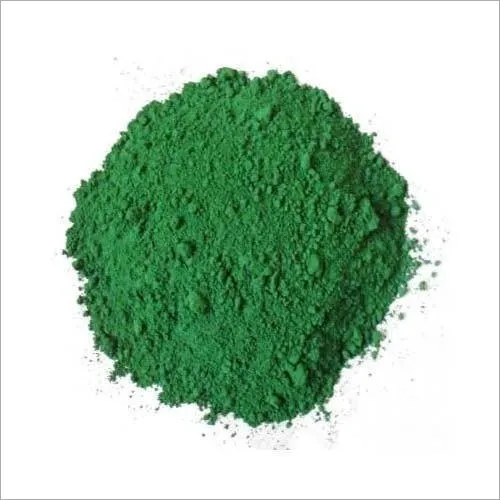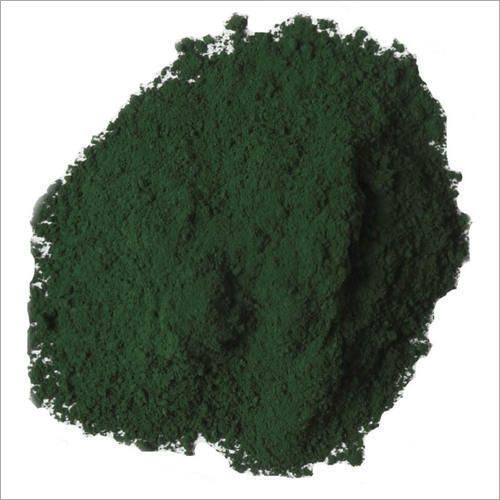Rubine Toner Pigment
350 INR/Kilograms
Product Details:
- CAS No 09-04-5281
- Chemical Name Rubine Toner
- Style Organic Pigment
- Physical State Powder
- Color Red
- Purity(%) 99%
- Click to View more
X
Rubine Toner Pigment Price And Quantity
- 350 INR/Kilograms
- 100 Kilograms
Rubine Toner Pigment Product Specifications
- Rubine Toner
- Red
- Powder
- Organic Pigment
- 99%
- 09-04-5281
Rubine Toner Pigment Trade Information
- 50 Kilograms Per Month
- 4-5 Days
- All India
Product Description
With persistent efforts and dedication of our team, we have acquired tremendous reputation in the market as manufacturers and suppliers of a wide array of Rubine Toner Pigment. Used for creating paints, distempers and many more such items, these products are derived from natural sources like trees, plants, soil and flowers. In order to meet the needs and demands of the clients, these products are packed in various customized quantities in hygienic and tamper proof packages. It is available with us at very reasonable rates.
Rubine Toner Pigment Features:
1. Color: Rubine Toner Pigment is a bright red pigment that provides a vibrant and intense red color. It has excellent color strength and good lightfastness, which means it resists fading when exposed to light.
2. Transparency: This pigment is typically transparent, allowing it to be used in transparent or translucent applications. However, it can also be formulated to have different levels of opacity by adjusting the concentration or using it in combination with other pigments.
3. Heat Stability: Rubine Toner Pigment exhibits good heat stability, making it suitable for applications that require high-temperature processing, such as plastics or printing processes involving heat.
4. Chemical Resistance: It demonstrates good chemical resistance, allowing it to maintain its color and stability when exposed to various chemicals, including solvents, acids, and alkalis. This feature is particularly important in applications where the pigment may come into contact with aggressive substances.
5. Compatibility: Rubine Toner Pigment is compatible with a wide range of binder systems, including water-based, solvent-based, and UV-curable systems. This versatility makes it suitable for use in different formulations and applications.
6. Particle Size: The particle size of this pigment can vary depending on the specific requirements of the application. It is available in both fine and coarse grades, allowing for control over properties like transparency, texture, and gloss.
Rubine Toner Pigment Applications:
1. Printing Inks: Rubine toner pigment is extensively used in the formulation of printing inks, especially in the production of high-quality packaging materials, such as food packaging, labels, and cartons. Its bright red color makes it popular for various printing applications, including flexographic, gravure, and offset printing.
2. Plastics: Rubine toner pigment is also employed in the plastic industry for coloring various plastic products, including PVC (polyvinyl chloride), PE (polyethylene), PP (polypropylene), PS (polystyrene), PET (polyethylene terephthalate), and others. It provides excellent color intensity and lightfastness, making it suitable for outdoor applications as well.
3. Paints and Coatings: In the paint and coatings industry, rubine toner pigment is utilized in both solvent-based and water-based formulations. It is often used in automotive coatings, industrial coatings, decorative paints, and wood coatings to achieve red shades with good weatherability and durability.
4. Textiles: Rubine toner pigment finds applications in dyeing and printing textiles. It is used to impart red hues to fabrics, yarns, and fibers for various applications such as apparel, home textiles, upholstery, and industrial textiles.
5. Cosmetics: Rubine toner pigment is sometimes used in cosmetics and personal care products, including lipsticks, nail polishes, eye makeup, and blushes, to provide vibrant red shades.
6. Specialty Applications: Apart from the mainstream applications mentioned above, rubine toner pigment may also find usage in various specialty applications such as coloring of rubber products, stationery, artist's materials, and coloring of construction materials like concrete and mortar.
Frequently Asked Questions:
Q: What is the Rubine Toner Pigment used for?
A: Rubine Toner Pigment is used primarily as a colorant in various industries, including printing inks, paints, coatings, plastics, textiles, and stationery products. It is known for its vibrant red color and excellent color strength.
Q: Can Rubine Toner Pigment be mixed with other pigments?
A: Yes, Rubine Toner Pigment can be mixed with other pigments to create different shades and colors. It is often combined with other pigments to achieve specific color effects or to enhance certain properties, such as opacity or lightfastness.
Q: Is Rubine Toner Pigment safe to use?
A: Rubine Toner Pigment is generally considered safe for use in the recommended applications. However, it's essential to follow the guidelines provided by the manufacturer and adhere to any safety precautions. If you have specific concerns or questions regarding safety, it is best to consult the product's safety data sheet or reach out to the manufacturer.
Q: How do I incorporate Rubine Toner Pigment into my formulation?
A: The specific instructions for incorporating Rubine Toner Pigment into a formulation may vary depending on the application and the manufacturer's recommendations. In general, it can be dispersed into the desired binder or medium using suitable mixing equipment, such as high-speed dispersers or three-roll mills. The manufacturer's guidelines or technical data sheets should provide detailed instructions for the best incorporation practices.
Q: What is the typical dosage or concentration of Rubine Toner Pigment?
A: The recommended dosage or concentration of Rubine Toner Pigment can vary depending on the desired color intensity and the specific formulation requirements. It is advisable to consult the manufacturer's technical data sheets or seek their guidance to determine the optimal dosage for your application.
Q: Does Rubine Toner Pigment have any specific storage requirements?
A: Rubine Toner Pigment should be stored in a cool, dry place, away from direct sunlight and sources of heat. It is important to follow the manufacturer's instructions regarding storage temperature and shelf life to ensure the pigment's stability and performance over time.
Q: Can Rubine Toner Pigment be used in food or cosmetic applications?
A: Rubine Toner Pigment is primarily intended for non-food and non-cosmetic applications. If you require pigments for food or cosmetic use, it is essential to look for pigments specifically formulated and approved for those applications, as they have undergone appropriate safety evaluations and regulatory compliance.
Tell us about your requirement

Price:
Quantity
Select Unit
- 50
- 100
- 200
- 250
- 500
- 1000+
Additional detail
Mobile number
Email







 Send Inquiry
Send Inquiry Send SMS
Send SMS Call Me Free
Call Me Free
